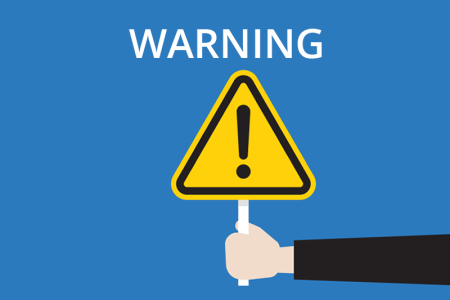Moles: Diagnosis and treatment
How do dermatologists tell whether a spot is a mole?
A dermatologist’s trained eye can often tell whether a spot is a mole.
How do dermatologists treat moles?
Most moles do not require treatment. A dermatologist will remove a mole that is:
Bothersome (rubs against clothing, etc.)
Unattractive to a patient
Suspicious (could be skin cancer)
A dermatologist can usually remove a mole during an office visit. Most removals require only one office visit. Occasionally, a patient may need to return for a second visit.
Whether it's during one or two visits, a dermatologist can safely and easily remove a mole. A dermatologist will use one of these procedures:
Surgical excision: The dermatologist cuts out the entire mole and stitches the skin closed if necessary. Your mole will also be looked at under a microscope by a specially trained doctor. This is done to check for cancer cells. If cancer cells are found, your dermatologist will let you know.
Surgical shave: The dermatologist uses a surgical blade to remove the mole. In most cases, a specially trained doctor will examine your mole under a microscope. If cancer cells are found, your dermatologist will let you know.
Never try to remove a mole at home
While it may seem more convenient to shave off or cut out a mole yourself, there are three very good reasons a dermatologist should remove it:
Skin cancer: If the mole contains skin cancer, some of the cancer cells can stay in the skin and even spread.
Scarring: You can disfigure your skin causing a scar.
Infection: A dermatologist uses sterile equipment to prevent infection.
Products that remove moles can cause serious side effects
These products can cause scarring and delay a skin cancer diagnosis. Find out what the U.S. Food and Drug Administration (FDA) recommends if you want to remove a mole or other skin growth.
Outcome
After a mole is removed, the skin will heal. If the mole grows back, immediately make another appointment to see your dermatologist. This could be a sign of melanoma, the most-serious type of skin cancer.
 Atopic dermatitis: More FDA-approved treatments
Atopic dermatitis: More FDA-approved treatments
 Biosimilars: 14 FAQs
Biosimilars: 14 FAQs
 How to trim your nails
How to trim your nails
 Relieve uncontrollably itchy skin
Relieve uncontrollably itchy skin
 Fade dark spots
Fade dark spots
 Untreatable razor bumps or acne?
Untreatable razor bumps or acne?
 Tattoo removal
Tattoo removal
 Scar treatment
Scar treatment
 Free materials to help raise skin cancer awareness
Free materials to help raise skin cancer awareness
 Dermatologist-approved lesson plans, activities you can use
Dermatologist-approved lesson plans, activities you can use
 Find a Dermatologist
Find a Dermatologist
 What is a dermatologist?
What is a dermatologist?
